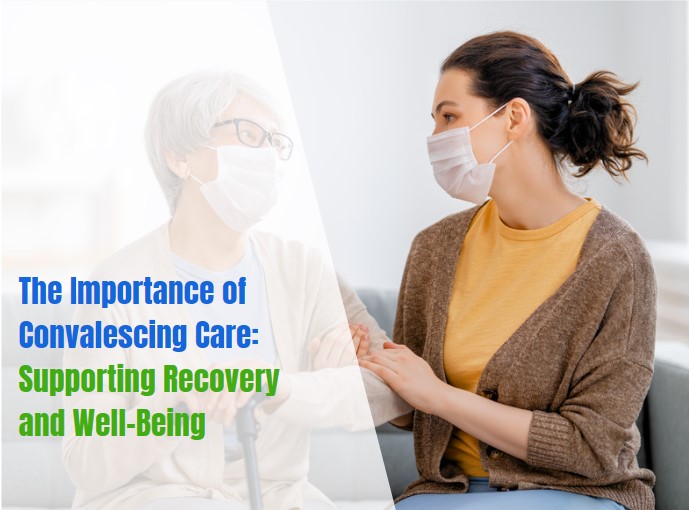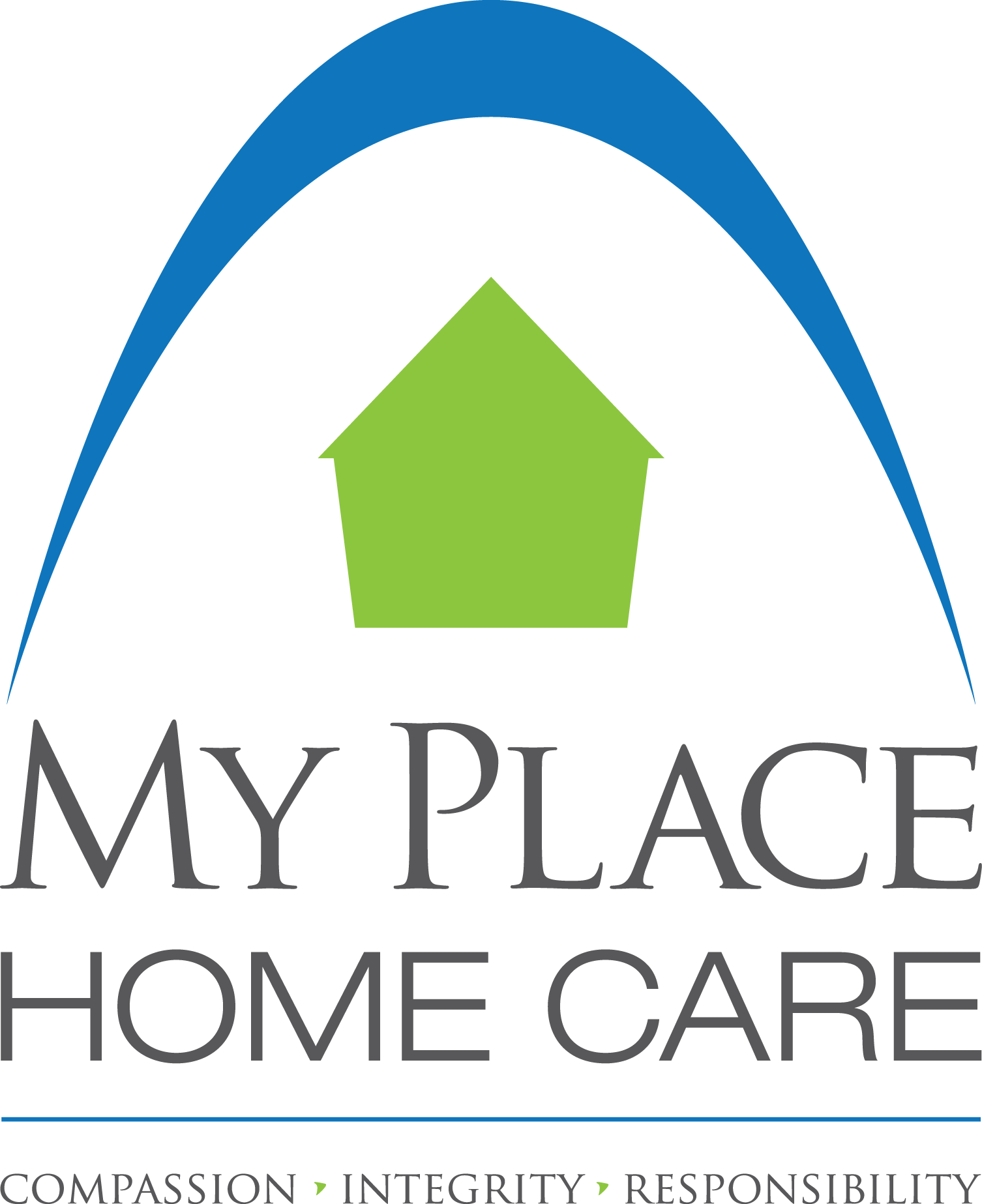
THE IMPORTANCE OF CONVALESCING CARE: SUPPORTING RECOVERY AND WELL-BEING
Convalescing care, also known as post-acute or recovery care, plays a crucial role in helping individuals recover from illness, surgery, or a medical event. It involves providing the necessary support and care during the transition from hospital to home or another care setting. In this blog, we’ll explore the significance of convalescing care, its benefits, and tips for ensuring a smooth recovery process.
What is Convalescing Care?
Convalescing care is designed to aid in the recovery process after a significant medical event, such as surgery, hospitalization, or an acute illness. This type of care focuses on helping individuals regain their strength, mobility, and independence, while also addressing any medical needs that arise during recovery. It can be provided in various settings, including the home, specialized care facilities, or rehabilitation centers.
Benefits of Convalescing Care
- Improved Recovery Outcomes
- Tailored Care Plan: Convalescing care involves creating a personalized care plan that addresses the unique needs of the individual. This plan includes medication management, physical therapy, and nutritional support, all aimed at promoting recovery.
- Monitoring and Supervision: Regular monitoring by healthcare professionals helps in promptly identifying and addressing any complications or setbacks, ensuring a safer and more effective recovery.
- Reduced Risk of Complications
- Medical Supervision: Continuous medical supervision helps in managing chronic conditions, preventing infections, and monitoring for signs of complications such as blood clots or pneumonia.
- Medication Management: Proper management of medications, including pain relief and antibiotics, is crucial in preventing adverse reactions and ensuring compliance with treatment plans.
- Emotional and Psychological Support
- Mental Well-Being: Recovery can be a challenging time emotionally. Convalescing care often includes psychological support to help patients cope with feelings of anxiety, depression, or frustration.
- Social Interaction: Caregivers and healthcare professionals provide companionship and support, reducing feelings of isolation and promoting a positive outlook on recovery.
- Enhanced Physical Rehabilitation
- Physical Therapy: Convalescing care frequently includes physical therapy to help patients regain mobility, strength, and balance, which is particularly important after surgeries like joint replacements or heart surgeries.
- Occupational Therapy: Occupational therapists work with patients to restore their ability to perform daily activities, improving their overall independence.
- Support for Family Caregivers
- Education and Training: Convalescing care providers often educate family members on how to assist with daily care, manage medications, and recognize potential complications.
- Respite Care: Providing temporary relief for family caregivers, allowing them time to rest and recharge, is an important aspect of convalescing care.
Tips for a Smooth Convalescing Process
- Plan Ahead
- Discharge Planning: Start planning for convalescing care before discharge from the hospital. This includes arranging transportation, modifying the home environment for safety, and setting up necessary medical equipment.
- Follow-Up Appointments: Schedule follow-up appointments with healthcare providers to monitor progress and adjust care plans as needed.
- Create a Safe Environment
- Home Modifications: Make necessary modifications to the home, such as installing grab bars, ensuring adequate lighting, and removing tripping hazards, to create a safe and comfortable environment.
- Accessibility: Ensure that essential items, such as medications and medical supplies, are easily accessible.
- Adhere to the Care Plan
- Medication Compliance: Take all prescribed medications as directed and maintain an accurate medication schedule.
- Therapy Participation: Actively participate in physical and occupational therapy sessions to promote recovery and regain independence.
- Monitor Health and Well-Being
- Watch for Warning Signs: Be vigilant for signs of complications, such as increased pain, swelling, fever, or difficulty breathing, and seek medical attention if necessary.
- Mental Health: Pay attention to mental health and seek support if feelings of depression, anxiety, or overwhelm arise.
- Maintain a Healthy Lifestyle
- Nutrition: Follow a balanced diet that supports healing and provides necessary nutrients for recovery.
- Hydration: Stay hydrated, as proper hydration is crucial for healing and overall health.
- Stay Connected
- Social Interaction: Maintain social connections with family and friends to combat feelings of isolation and improve emotional well-being.
- Community Resources: Utilize community resources, such as support groups and senior centers, for additional support and companionship.
Convalescing care is a vital component of the recovery process, offering comprehensive support that addresses both physical and emotional needs. By planning ahead, adhering to care plans, and creating a supportive environment, individuals can enhance their recovery experience and achieve a successful return to daily life. Whether recovering from surgery, illness, or an injury, the right convalescing care can make all the difference in achieving a full and swift recovery.

